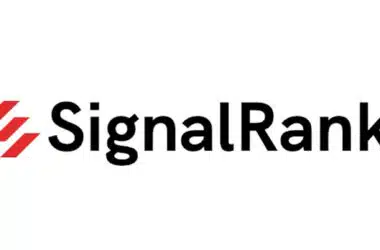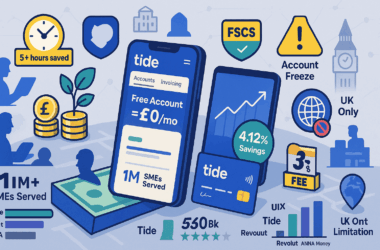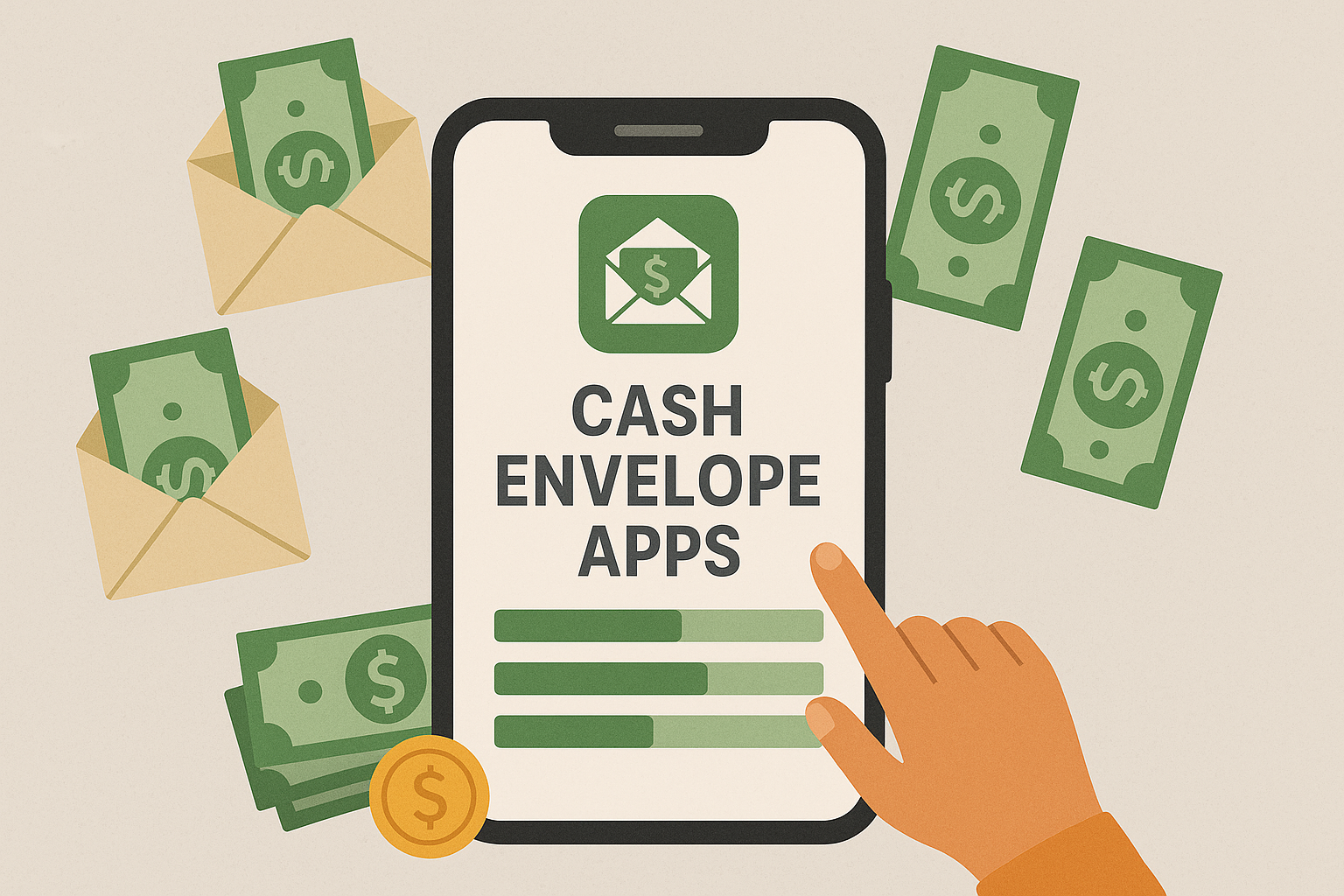
The Fintech industry has witnessed remarkable growth over the past decade, driven by technological advancements that have reshaped how financial services are delivered. Among these innovations, blockchain technology stands out as a transformative force, offering new ways to enhance security, transparency, and efficiency in financial transactions. As blockchain in Fintech continues to evolve, it is becoming increasingly clear that it is not just a passing trend but a fundamental shift in financial services operations.
Blockchain financial services are now at the forefront of this revolution, with applications ranging from payments and lending to asset management. The impact of blockchain on Fintech is profound, offering significant opportunities and challenges. In this article, we will explore how blockchain is revolutionizing Fintech, examining the core concepts, real-world applications, and the obstacles that must be overcome to realize its full potential fully.
Table of Contents
What is Fintech?
Fintech, short for financial technology, refers to the integration of technology into offerings by financial services companies to improve their use and delivery to consumers. It encompasses many applications, from mobile banking and online payments to robo-advisors and peer-to-peer lending platforms. Fintech aims to make financial services more accessible, efficient, and user-friendly, often by leveraging cutting-edge technologies like artificial intelligence, big data, and, increasingly, blockchain.
What is Blockchain?
Blockchain technology is a distributed ledger technology (DLT) that records transactions across multiple computers so that the registered transactions cannot be altered retroactively. Blockchain is decentralized, meaning it operates without a central authority, which makes it more secure and resistant to tampering. In Fintech, blockchain provides a transparent and safe way to execute transactions, automate processes through smart contracts, and manage
digital assets such as cryptocurrencies.
Core Concepts Blockchain Technology in Fintech
- Distributed Ledger Technology (DLT)
Distributed Ledger Technology (DLT) is at the heart of Fintech’s blockchain revolution. DLT enables the creation of a decentralized, immutable ledger that records all transactions across a network. This technology eliminates the need for intermediaries, reducing costs and increasing transaction speed. In Fintech, DLT is being used to streamline processes such as clearing and settlement, making financial transactions more efficient and transparent.
- Smart contracts
Another critical component of blockchain in Fintech is the use of smart contracts. Smart contracts are self-executing agreements with the terms of the contract written directly into the code. They automatically enforce and execute the contract once predefined conditions are met. In the financial sector, smart contracts are used to automate various processes, such as loan disbursement and insurance claims, reducing the need for manual intervention and minimizing the risk of human error.
- Cryptocurrency
Cryptocurrency is another significant aspect of blockchain technology in Fintech. Cryptocurrencies like Bitcoin and Ethereum have introduced new ways of conducting transactions, enabling faster, cheaper, and more secure payments. Cryptocurrency in Fintech is not limited to payments; it also includes use cases in investment, remittances, and even lending, where digital currencies are used as collateral.
Opportunities Created by Blockchain in Fintech
One of the most significant opportunities blockchain presents in Fintech is improving security and transparency. Enterprise blockchain development enhances security by using cryptographic algorithms to secure transactions, making it nearly impossible for unauthorized parties to alter transaction records. This increased security is important for preventing fraud and ensuring the integrity of financial data.
Transparency is another crucial benefit of blockchain technology. Because blockchain provides a decentralized and transparent ledger, all participants in a transaction can view and verify the data. This level of transparency reduces the risk of fraud and builds trust among users, which is essential in financial services.
Efficiency and cost savings are also key benefits of blockchain in Fintech. By eliminating intermediaries and automating processes through smart contracts, blockchain technology can significantly reduce the time and cost associated with financial transactions. For example, blockchain payments are often faster and cheaper than traditional methods, especially in cross-border transactions, where fees and processing times can be high.
Blockchain also plays a crucial role in promoting financial inclusion. Blockchain enables people in underserved regions to participate in the global economy by providing access to financial services through decentralized platforms. This is particularly important in areas where traditional banking infrastructure is lacking, or people need access to traditional financial services.
Another exciting opportunity presented by blockchain is the tokenization of assets. Tokenization refers to converting physical or digital assets into digital tokens that can be traded on a blockchain. This process allows for fractional ownership of assets, making it easier for people to invest in high-value assets such as real estate or fine art. Tokenization also increases liquidity, as tokens can be traded 24/7 on global markets.
Real-World Applications of Blockchain in Fintech
Blockchain payments are one of Fintech’s most well-known applications of blockchain technology. By leveraging blockchain development services, companies can offer faster, more secure, and more cost-effective payment solutions. This mainly benefits cross-border payments, where traditional methods are often slow and expensive. Blockchain payments reduce the need for intermediaries, lower transaction fees, and provide near-instant settlement times.
Blockchain-powered lending platforms are emerging as a significant innovation in the lending sector. These platforms enable peer-to-peer lending by connecting borrowers directly with lenders without the need for traditional financial institutions. Blockchain ensures that the lending process is transparent and secure, with smart contracts automating the disbursement of funds and the repayment process. This reduces the risk for lenders and provides borrowers with access to capital at competitive rates.
Digital identity verification is another area where blockchain is making a substantial impact. Blockchain allows for the creation of secure, tamper-proof digital identities that can be used to verify individuals’ identities in financial transactions. This is particularly useful in Know Your Customer (KYC) processes, where verifying the identity of customers is crucial for compliance and fraud prevention.
Blockchain is also transforming asset management by enabling the creation and trading of tokenized assets. Using blockchain, asset managers can create digital representations of physical assets, such as real estate or commodities, which can be traded on a blockchain platform. This increases liquidity and makes it easier for investors to buy and sell assets. Additionally, blockchain provides a transparent and secure ledger of ownership, reducing the risk of fraud.
Challenges and Risks of Blockchain in Fintech
Despite the numerous opportunities, significant challenges are associated with Fintech’s adoption of blockchain. One of the most pressing issues is the regulatory challenges that blockchain faces. As blockchain operates on a decentralized network, it often falls outside the scope of traditional financial regulations. This lack of regulation can create uncertainty and increase the risk of legal issues. Moreover, governments and regulatory bodies are still grappling with how to regulate blockchain while effectively preserving its decentralized nature.
Scalability issues are another significant challenge for blockchain technology. As the number of transactions on a blockchain network increases, the network can become congested, leading to slower transaction times and higher fees. This is a critical issue for Fintech applications that require high-speed transactions, such as payments and trading. Solutions such as Layer 2 scaling and sharding are being explored, but these technologies are still in the early stages of development.
The interoperability of blockchain systems is another challenge that needs to be addressed. With multiple blockchain platforms in operation, there is a growing need for these platforms to work together seamlessly. However, interoperability between different blockchain networks is complex and requires standardized protocols. With interoperability, the full potential of blockchain in Fintech can be realized.
Adoption and integration hurdles also present significant challenges. Integrating blockchain technology with existing financial systems can take time and effort. Traditional financial institutions may need help adopting blockchain due to the high integration costs and potential disruption to their existing business models. Additionally, there needs to be more skilled professionals who understand both blockchain technology and financial services, making it difficult for companies to implement blockchain solutions effectively. In this case, it is better to contact a development outsourcing company than to hire your own permanent team and support it.
Blockchain Security and Compliance in Fintech
Security is paramount in blockchain financial services. Blockchain security measures are designed to protect the integrity of transactions and prevent unauthorized access. However, blockchain is not immune to cyber threats as with any technology. Cybersecurity concerns such as 51% attacks, where a group of miners gains control of more than 50% of the network’s mining power, pose significant risks to the security of blockchain networks. Robust security protocols and regular penetration testing are essential to mitigate these risks.
AML (Anti-Money Laundering) and KYC compliance are critical in the Fintech sector, and blockchain offers new ways to enhance these processes. By using blockchain, companies can create a secure and transparent ledger of all transactions, making tracking and verifying financial activities easier. This can reduce the risk of money laundering and ensure compliance with financial regulations. Additionally, smart contracts can automate the KYC process, ensuring that all necessary checks are performed before a transaction is approved.
Data privacy is another significant concern in blockchain finance. While blockchain provides transparency, it also raises questions about how to protect sensitive information. Blockchain networks must balance the need for openness with the requirement to protect users’ data. Solutions like zero-knowledge proofs and encrypted digital wallets are being developed to address these concerns.
Regulatory compliance remains a challenge for blockchain in Fintech. The regulatory landscape constantly evolves, and companies must stay informed about the latest regulations to ensure compliance. This is particularly important in regions with strict financial regulations, where non-compliance can result in significant fines and reputational damage.
Blockchain technology is revolutionizing the Fintech industry by providing new ways to enhance security, transparency, and efficiency in financial services. While the opportunities presented by blockchain in Fintech are vast, significant challenges remain, particularly in regulation, scalability, and integration. By staying informed about the latest trends and developments in blockchain, companies can position themselves at the forefront of this transformation and capitalize on its opportunities. As blockchain technology continues to evolve, it will undoubtedly play a central role in shaping the future of finance.















Recent Comments